Prof. Wole Soyinka, the Nobel laureate, said on Thursday that the decentralization of the country was imperative for citizens to have a new lease of life and to bring government closer to them.
Soyinka spoke in favor of decentralization of the affairs of the country at the 50th anniversary lecture of PUNCH newspapers held at the Civic Centre, Victoria Island, Lagos.
In his lecture titled “Recovering the Narrative,” Soyinka said if breaking apart is the right course for resolving the nation’s problems, then the country should follow it.
The octogenarian insisted that decentralization will bring governance closer to the people and that it was high time past politicians quit bilking Nigerians.
He clarified that although politicians in Nigeria understand the value of restructuring, once they gain power, they tend to change their positions.
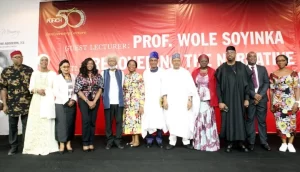
Soyinka said:“What do you mean by restructuring? Well, I don’t even like the word restructuring I use. I prefer expressions like reconfiguration and decentralisation. Everybody can grasp that decentralisation.
“And those who lead recognise the necessity of it. They recognise its importance—almost the inevitability of it—until they get into power. Yes, that’s the difference.
“It’s about time, I think leaders stopped taking this nation for a ride. You know, we must decentralise. Security, you know, has become a burden to bear. From all corners of the nation, that is the crime.
“Decentralised so that government can come closer to the people and productivity can really be manifested as a product of citizens, not simply as a manna from heaven. That is the attitude obtained at the moment.
“I know the fear. The fear is collapse, break up. That’s been the excuse given by several regimes. But suppose the nation is breaking up informally, in other words, as a fact rather than as a theory. Then, you better just address this.
“Come straight on and see exactly what happened. What is wrong with general representatives seeing them and saying this is the protocol of our association, Anything outside of it?
“Anyone who does not want to accept these protocols, abide by these protocols, and manifest these protocols in the act should take a walk. I have no problem at all.
“We live in what is known as the nation, beginning as a vast football field and ending up as a ping pong table. If that is going to restore dignity to citizens,.
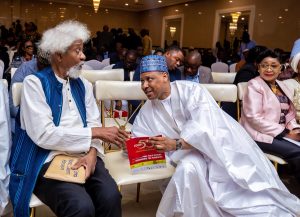
“If that is going to guarantee three square meals a day, then so be it. One of my favourite expressions with people is “Let nations die, that humanity may live.”
On those who may oppose his call for decentralisation, Soyinka said, “To anticipate accustomed banal responses, let me state quite clearly that no one has ever claimed that decentralisation—a precise word I personally prefer—will end hunger in the land or terminate religious conflicts and other forms of national malaise, No.
“We simply insist that this is central to the incomplete mission of nation-being. It is essential to activities of basic existence such as food production and access to such products,” Soyinka also said.
‘Palliatives remain crude, short-term, stop-gap measures only. As a veteran of food security working conferences from Uganda to India, from Paris to Sochi, I insist that, for a nation to be food self-sufficient and sustainably, decentralization is the key, not collectivization.”
Founded in March 1973, Punch, Nigeria’s foremost newspaper, clocked 50 on March 18 last year, but its board of directors moved the 50th-anniversary celebration to this year because the anniversary month fell within an election month and year.
The 50th anniversary is being marked with the 40th anniversary of the passing of the founding Chairman, Chief James Olubunmi Aboderin, on February 28, 1984, at the age of 50.












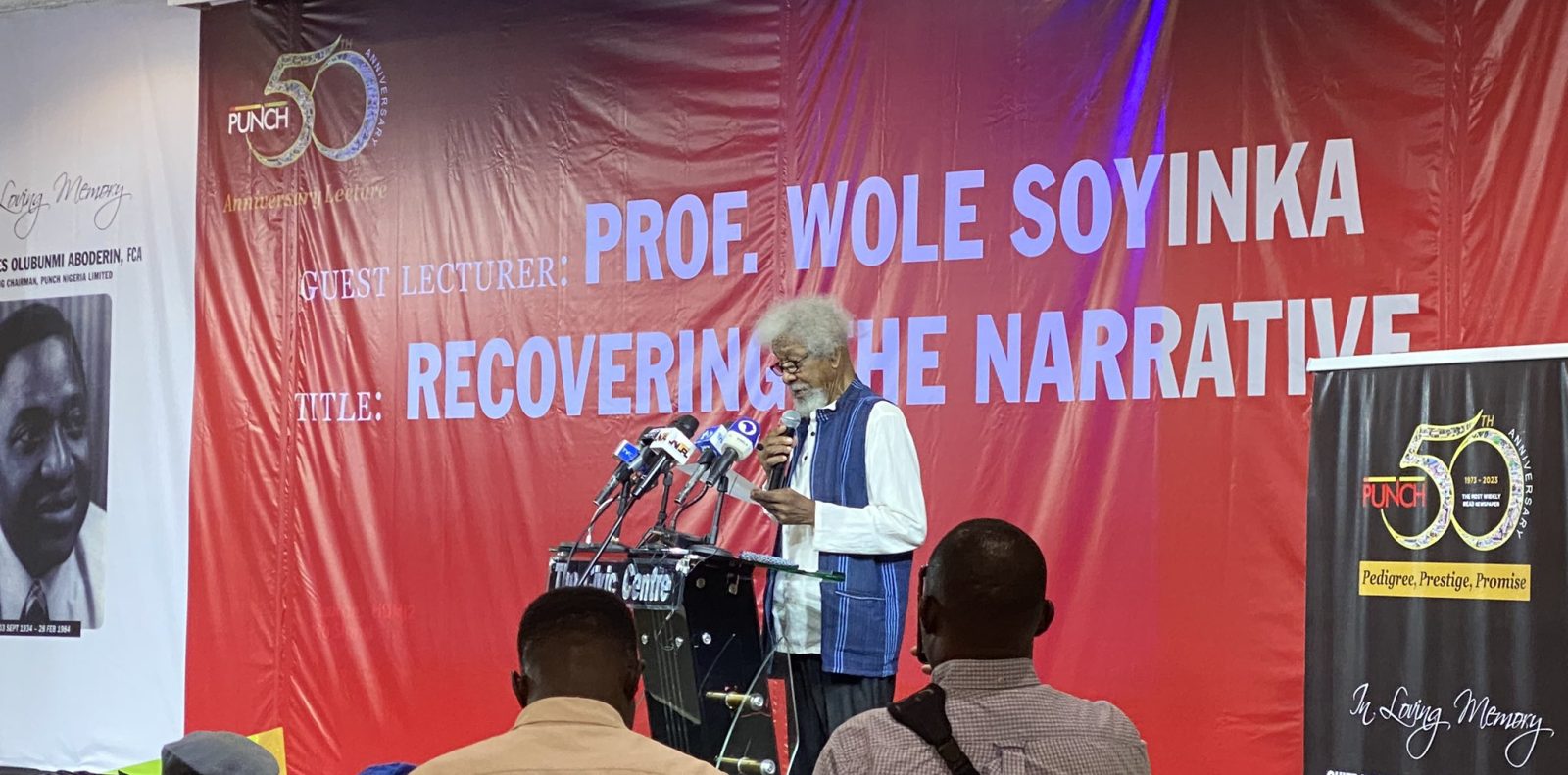






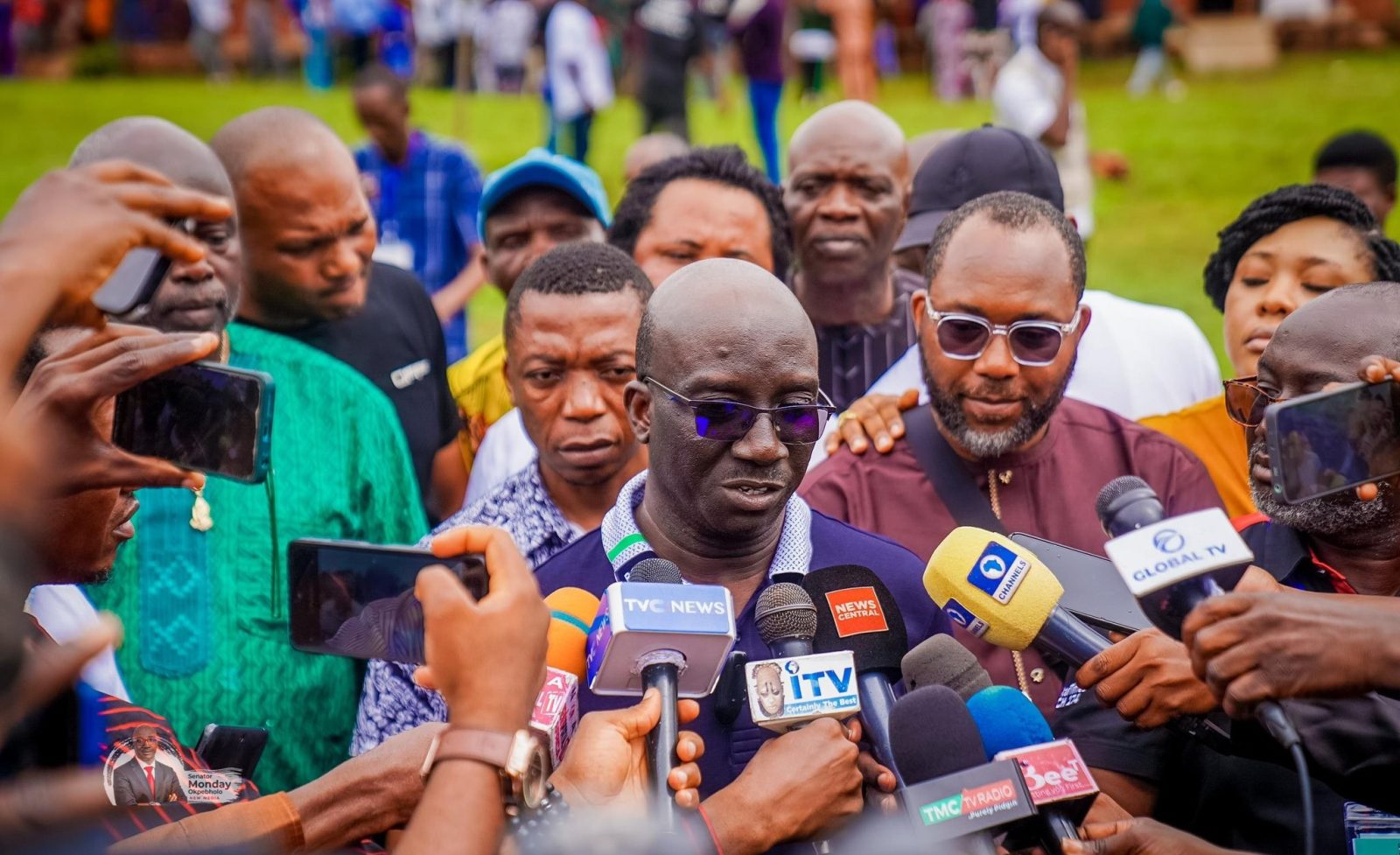
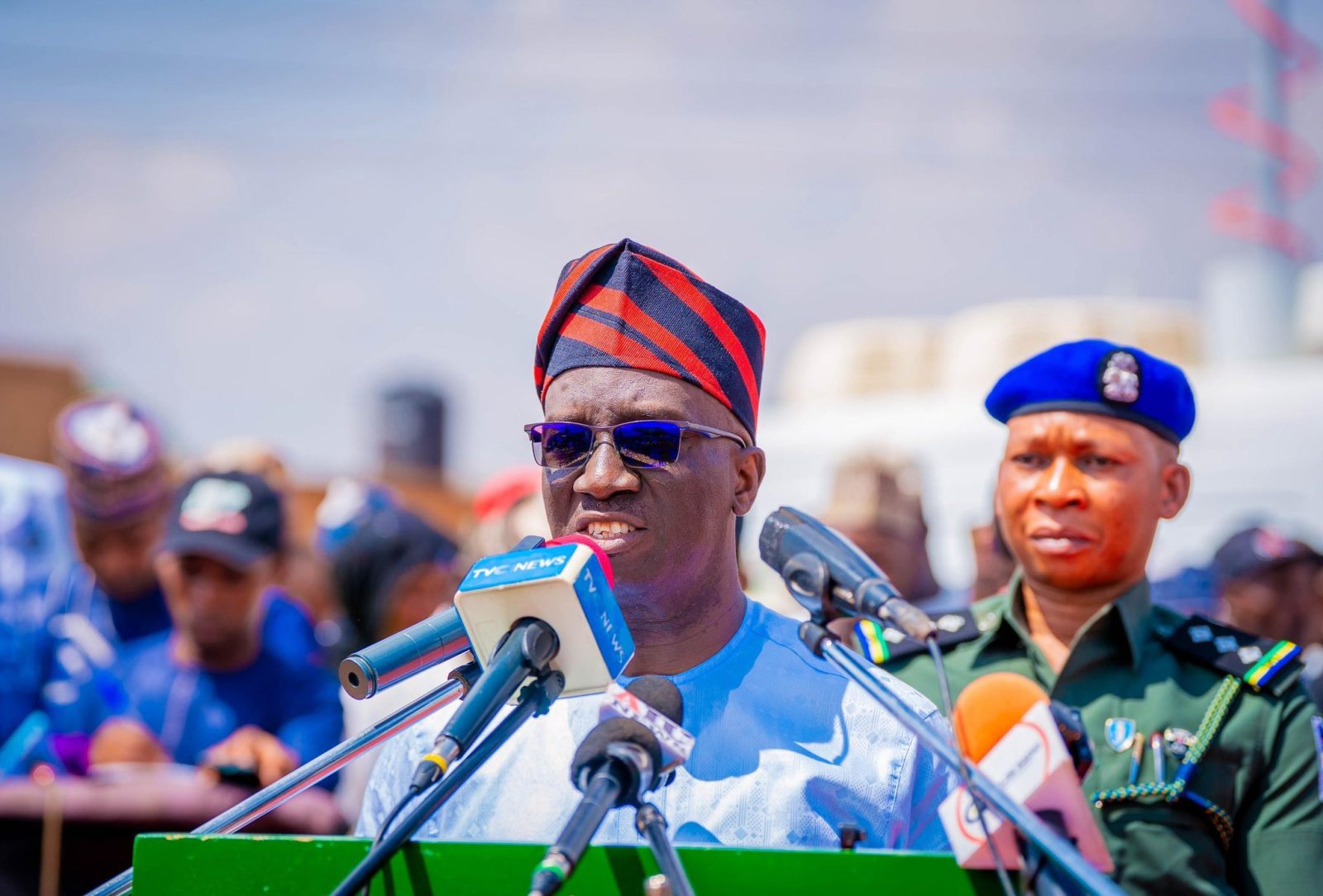
Leave a comment